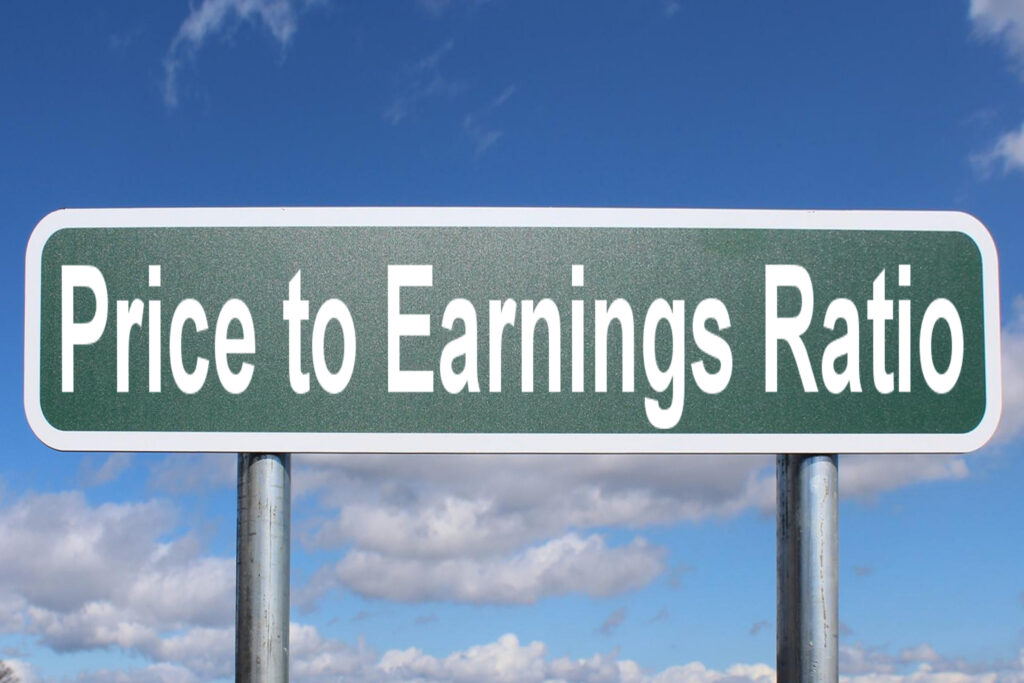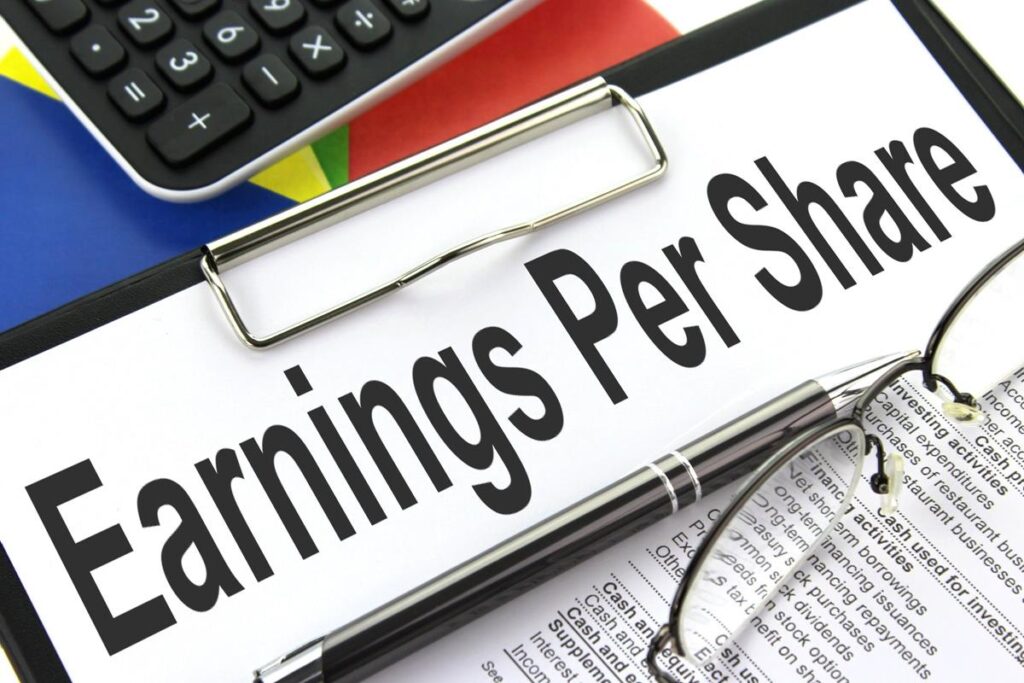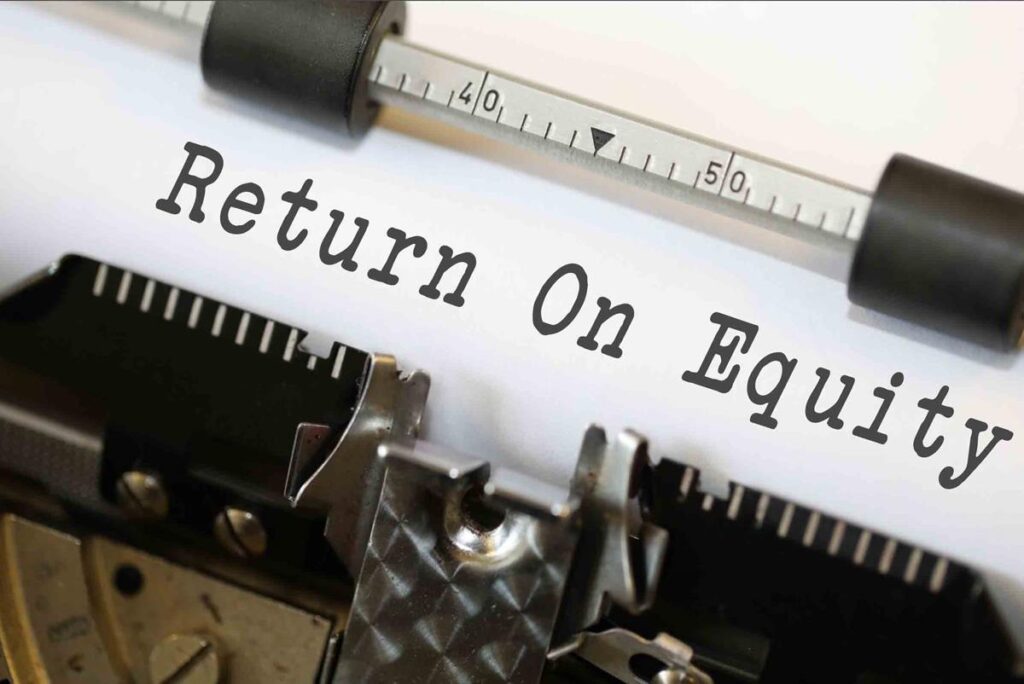As we approach the end of 2024, increasing concerns over a potential stock market crash have many investors on edge. With factors like slowing economic growth, geopolitical tensions, and the effects of aggressive monetary policies, experts are warning that a market correction may be imminent. While the market continues to show resilience in the short term, several warning signs suggest that a significant downturn could be on the horizon. This article will dive into the key drivers behind the fears of a stock market crash and what investors can do to prepare.
Why Is a Stock Market Crash Possible in 2024?
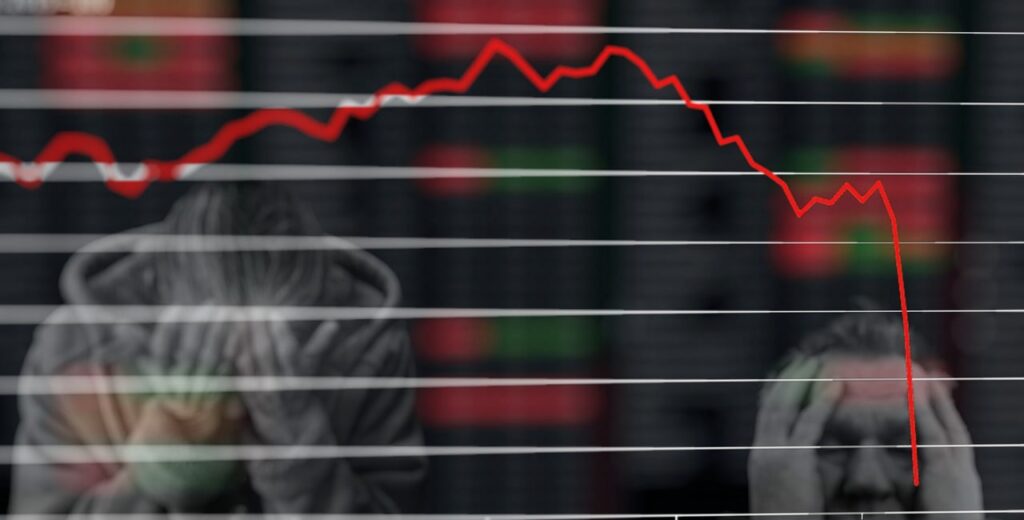
- Monetary Tightening and Recession Fears
- Over the past two years, central banks, including the U.S. Federal Reserve, have raised interest rates aggressively to combat inflation.
- However, many analysts believe that these rate hikes may have gone too far, cooling the economy to the point of triggering a recession.
- A recent weak U.S. jobs report and slowing retail sales have only added to these concerns.
- Mark Mobius, a billionaire investor, has pointed out that the decline in M2 money supply, which has dropped significantly since its peak in 2022, is an indicator of reduced liquidity in the market.
- This reduction in available capital is making it harder for companies and consumers to spend, which could lead to an economic contraction in 2024 or early 2025.
- The Sahm Rule and Yield Curve Inversion
- The Sahm Rule, a historically reliable indicator of recessions, is flashing warning signals.
- When coupled with the recent uninversion of the yield curve (a sign that bond markets are predicting economic trouble), many economists predict that a recession is inevitable.
- Some experts, like Steve Hanke, suggest that the U.S. could enter a recession as early as 2025.
- Jon Wolfenbarger further warns that a deep recession could lead to a 70% drop in the stock market, particularly given the elevated valuations of many companies today.
- Geopolitical Tensions and Global Slowdown
- In addition to domestic issues, the global economy is facing significant pressure from ongoing geopolitical conflicts and economic instability in key regions like Europe and Asia.
- Recent events, such as the unexpected Japanese rate hike and concerns over slowing growth in China, have added fuel to the fire.
- In August 2024, these factors led to a sharp market downturn, with the Tokyo Nikkei 225 index dropping over 12% in a single day and causing ripple effects across global markets.
- The U.S. was not immune, with the Dow Jones Industrial Average and S&P 500 experiencing significant losses.
What Can You Do to Protect Your Investments?
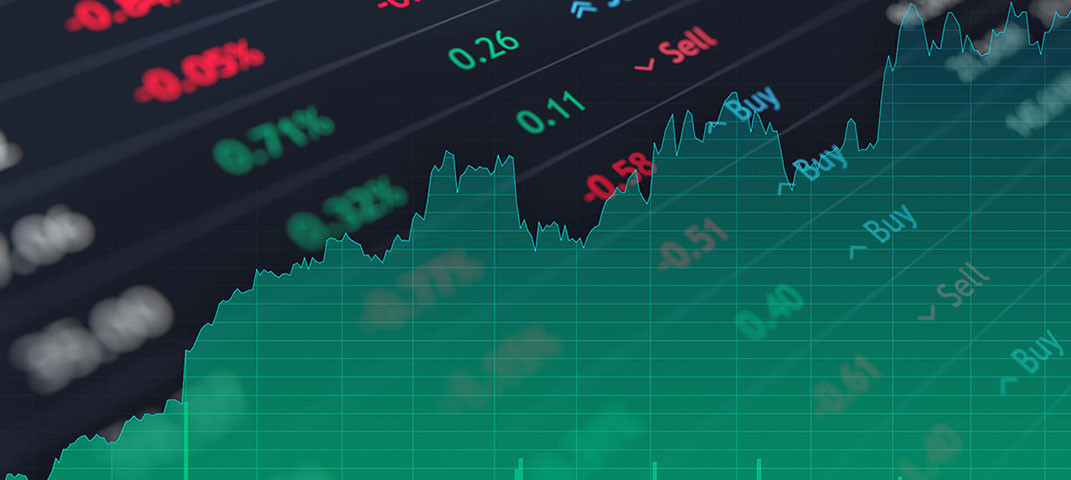
- Diversify Your Portfolio
- One of the most effective strategies to mitigate the risk of a stock market crash is diversification.
- Instead of placing all your investments in one asset class, spread your investments across a range of asset types, including bonds, real estate, commodities, and international stocks.
- This can help buffer against losses in any single sector.
- Hold Cash Reserves
- Mark Mobius recommends holding 20% of your portfolio in cash.
- This allows investors to be prepared to buy stocks at lower prices in the event of a downturn.
- Cash reserves also provide a safety net, enabling you to cover short-term expenses without being forced to sell your investments at a loss.
- Focus on Quality Stocks
- In a volatile market, it’s essential to prioritize quality companies with strong balance sheets, low debt, and reliable earnings growth.
- These businesses are better positioned to weather economic storms and could recover faster once the market stabilizes.
- Mobius suggests looking for companies with high returns on capital and moderate growth potential to minimize risk.
- Consider Defensive Sectors
- Certain sectors tend to perform better during economic downturns.
- These defensive sectors include healthcare, utilities, and consumer staples, which provide essential services regardless of economic conditions.
- Allocating part of your portfolio to these sectors can help reduce volatility during a stock market crash.
- Use Stop-Loss Orders
- Another way to protect your portfolio is to set stop-loss orders, which automatically sell your stocks if they fall below a predetermined price.
- This strategy can help prevent larger losses in the event of a sudden market downturn.
- Stay Informed
- Finally, staying informed about market conditions and potential risks is crucial.
- Regularly following financial news and understanding economic indicators can help you make more informed investment decisions.
- While predicting the exact timing of a stock market crash is impossible, keeping an eye on warning signs like weak job reports, rising unemployment, and declining manufacturing activity can give you a head start in adjusting your strategy.
Conclusion
The stock market in 2024 faces significant challenges, from economic slowdown fears to geopolitical uncertainties and the lingering effects of aggressive monetary policy. While no one can predict with certainty when or if a stock market crash will occur, there are clear warning signs that suggest investors should be cautious. By diversifying your portfolio, holding cash reserves, and focusing on high-quality stocks, you can mitigate the impact of a downturn. Staying informed and prepared will allow you to navigate whatever the market throws your way.
Sources:
- Business Insider(markets.businessinsider.com)
- Vantage Markets(Vantage |)
Also Read:

